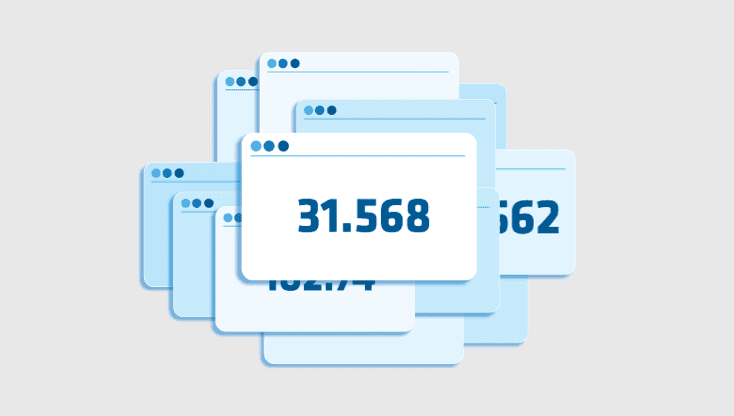As with any other financial business responsible for handling people’s money, futures exchanges operate within very strict, very closely watched guidelines. This regulation comes from a strong partnership between government, self-regulatory organizations and exchanges and ensures everything that happens in the marketplace follows the letter and spirit of the law. Sound regulation strengthens the resilience and integrity of the derivatives markets and protects market participants.
Outside the exchange
In the U.S, the Commodity Futures Trading Commission (CFTC) regulates the nation’s futures and options markets. Its oversight protects market participants from fraud, manipulation and market abuse, and ensures the financial integrity of an exchange.
NFA, the self-regulatory organization for the U.S. derivatives industry, is designated by the CFTC to safeguard the integrity of the derivatives markets, protect investors and ensure registered firms and associates meet their regulatory responsibilities. Self-regulation plays a central role in the regulation of the U.S. futures markets, in large part because of the historical evolution of those markets.
Inside the exchange
Futures exchanges are self-regulatory organizations, or SROs, meaning that they create and enforce rules and standards that comply with CFTC principles, protect market participants and promote integrity and equality throughout the industry. Typically, there is a formalized department that works within the exchange, running constant surveillance and compliance measures on each and every activity performed at an exchange.
The benefits of regulation
Regulated firms and associates are held to a higher standard because of the innovative regulatory and enforcement programs of regulators and exchanges. These rules aim to safeguard the integrity of the derivatives markets and work to protect market participants from fraud, manipulation and market abuse. Regulators and exchanges also provide important due diligence, arbitration, restitution and educational resources that help market participants protect themselves.



